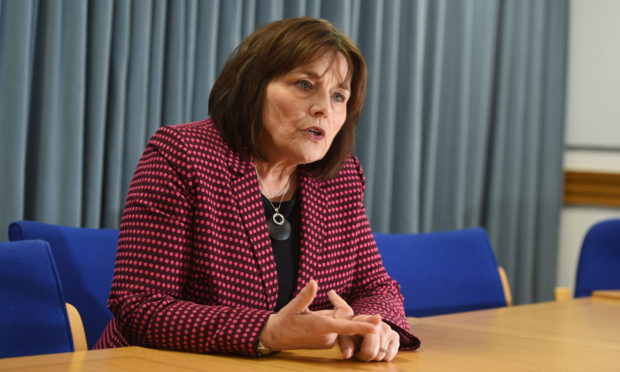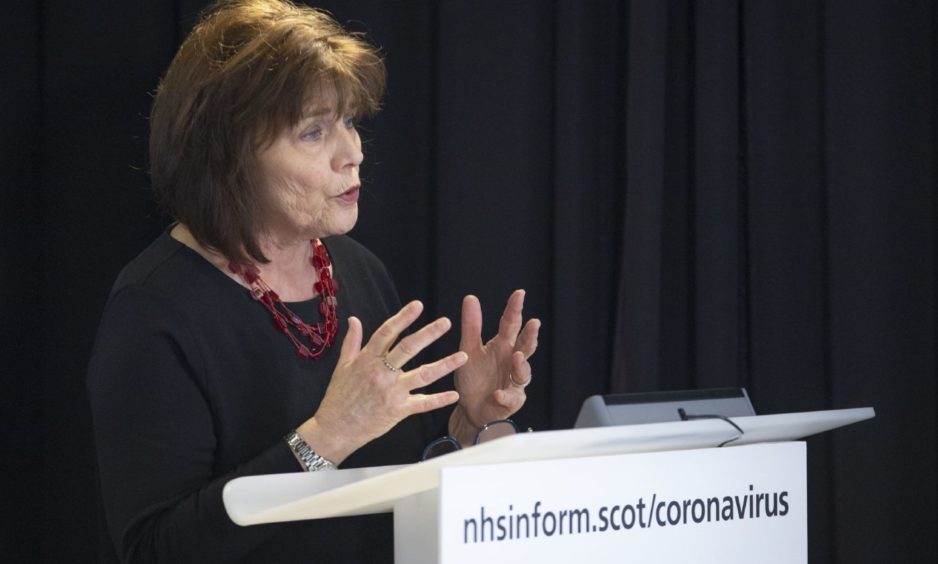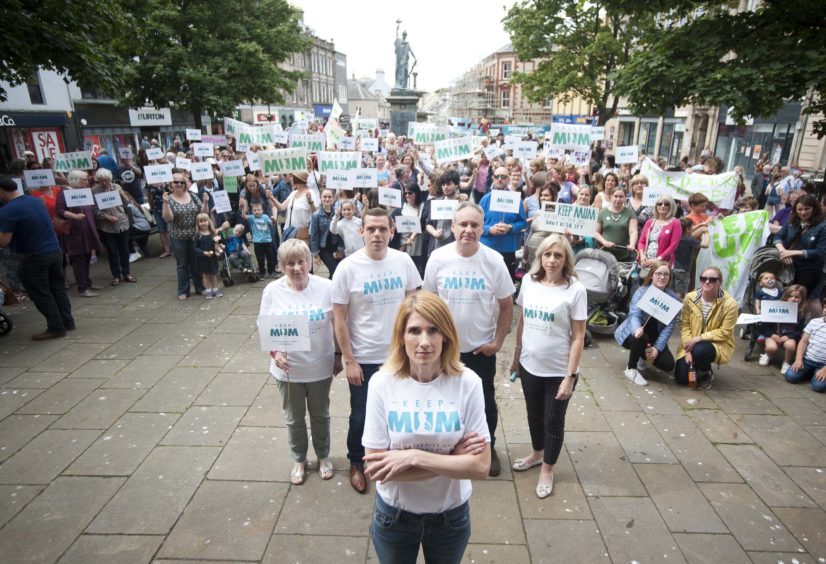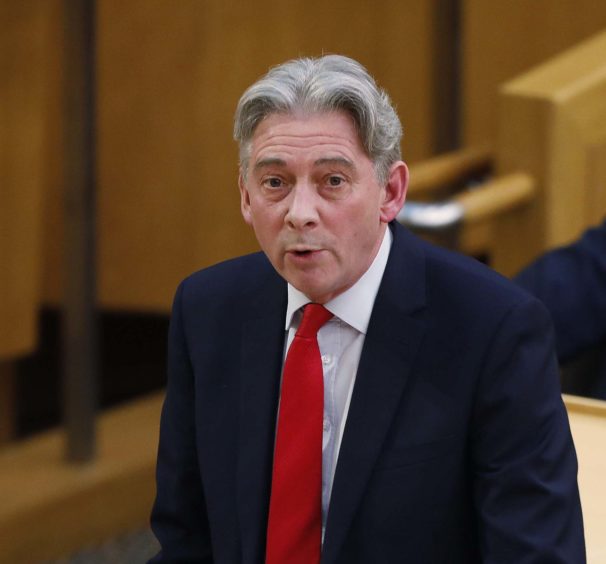Health chiefs are ready to start restoring cancer services and other vital treatments in Scotland – but they fear even “more challenging” days may lie ahead for the NHS.
A new framework – called “Re-mobilise, Recover, Re-design” – has been published to guide the return of potentially life-saving treatments that were postponed in the early days of the pandemic to ensure that the health service was not overrun.
It prioritises a revival of cancer services, especially referrals and postponed treatments, as well as expanding treatments for non-cancer urgent inpatients and outpatients, mental health support, some GP functions, blood monitoring, and other services.
The move follows a sharp rise in deaths not linked to Covid-19 in Scotland during the pandemic, which had triggered fears that unwell people were failing to seek medical help due to warnings about the impact of the virus on the NHS.
Health Secretary Jeane Freeman said in the framework document that, over the next 100 days, the NHS had three core tasks, including delivering “as many of its normal services as possible, as safely as possible”.
The other two were to ensure there was capacity to deal with the coronavirus, and to prepare the health and care services for the winter, including replenishing stocks.
Ms Freeman said: “We are taking an evidence-based, cautious and phased approach to resuming services to ensure the virus continues to be suppressed.
“While NHS Scotland will remain on an emergency footing, this framework sets out our approach for the next phases as we continue to respond to this pandemic.”
The framework outlined the scale of the task ahead for the NHS as it restarts normal services while also still dealing with coronavirus cases, and testing operations.
“This move to the next phase, which will arguably be more challenging than the initial response, recognises the growing risk of rapidly rising waiting lists and potential non-Covid harms, particularly in the context of releasing Covid restrictions, and the need to have in place and operational other key, and interdependent, strands of our response, e.g. Test and Protect,” it said.
The transition would also “depend on local circumstances”, and “if one area of the country show signs of infection rates rising, we need flexibility to reduce service delivery if required”, the framework stated.
The document, which outlined plans for local “covid community hubs”, also made clear that many changes introduced in recent weeks were likely to become permanent.
One stated principle was a pledge to have “services close to people’s home”, and to “minimise unnecessary travel”.
At the daily coronavirus briefing on Sunday, Ms Freeman was asked how that would work in northern Scotland, where there have been controversies in recent years over patients from Moray having to travel to Aberdeen, and those from Caithness being asked to travel long distances for appointments at Raigmore Hospital in Inverness.
The health secretary signalled that patients in rural areas could expect to have more services delivered digitally.
“If we stop and think about it, a large part, if not the majority of our country, is to varying degrees remote and rural,” she said.
“And part of what we intend to do is to build on some of the good practice that has been developed in primary and community care in response to the pandemic, in order to continue to deliver services to people.
“And to see if we can expand on that, whilst recognising that for some instances, the clinician actually needs to see the individual, but also that there are times that when for the patient that personal relationship, that is not transmitted through a screen, is equally important. So it is a balance.”
At the briefing, it was also confirmed that a further 18 people had been diagnosed with the virus in Scotland between Saturday and Sunday, a total of 27 were in intensive care, a decrease of six since Saturday, and that nine more people had died.
Scottish Labour leader Richard Leonard said: “It is essential that NHS services reopen in a safe manner for patients who still need treatment.
“The NHS was able to redesign the whole organisation in a matter of weeks to respond to the threat posed by Covid-19.
“I am concerned that this framework provides a lack of detail and commitment to dates to reopen services, and a vague approach to moving forward.”



